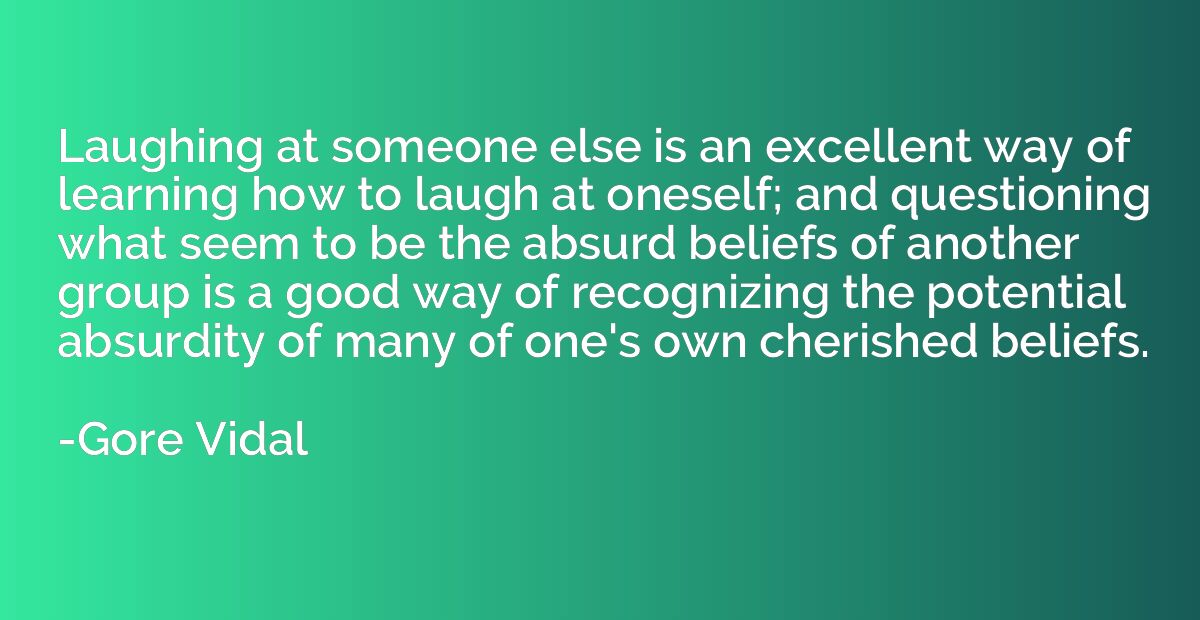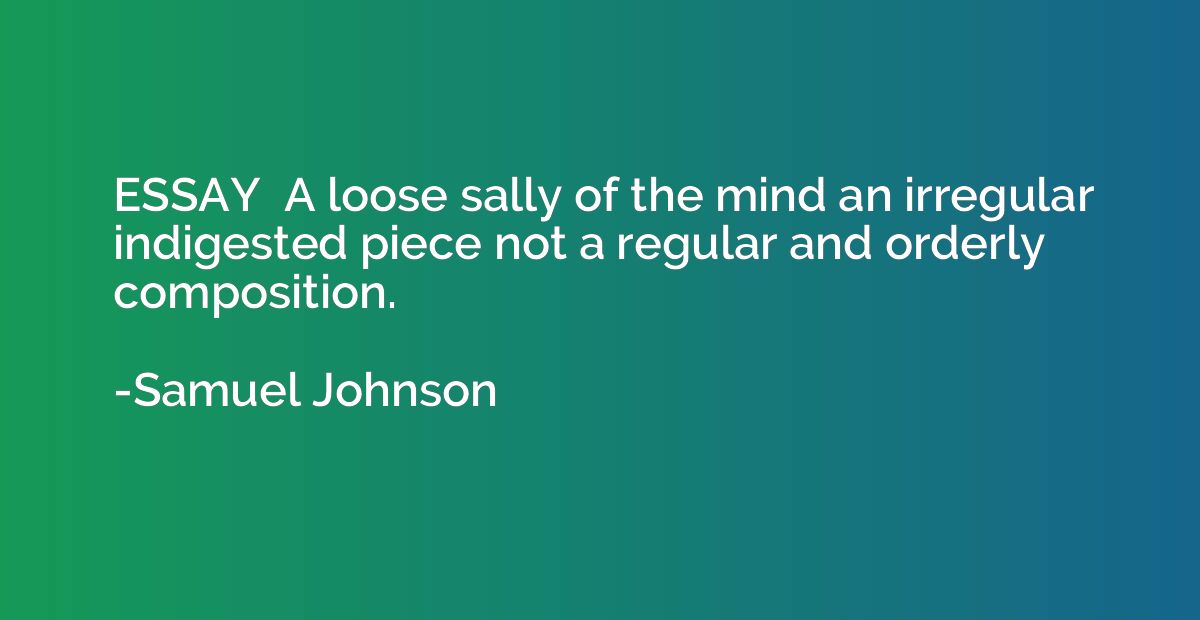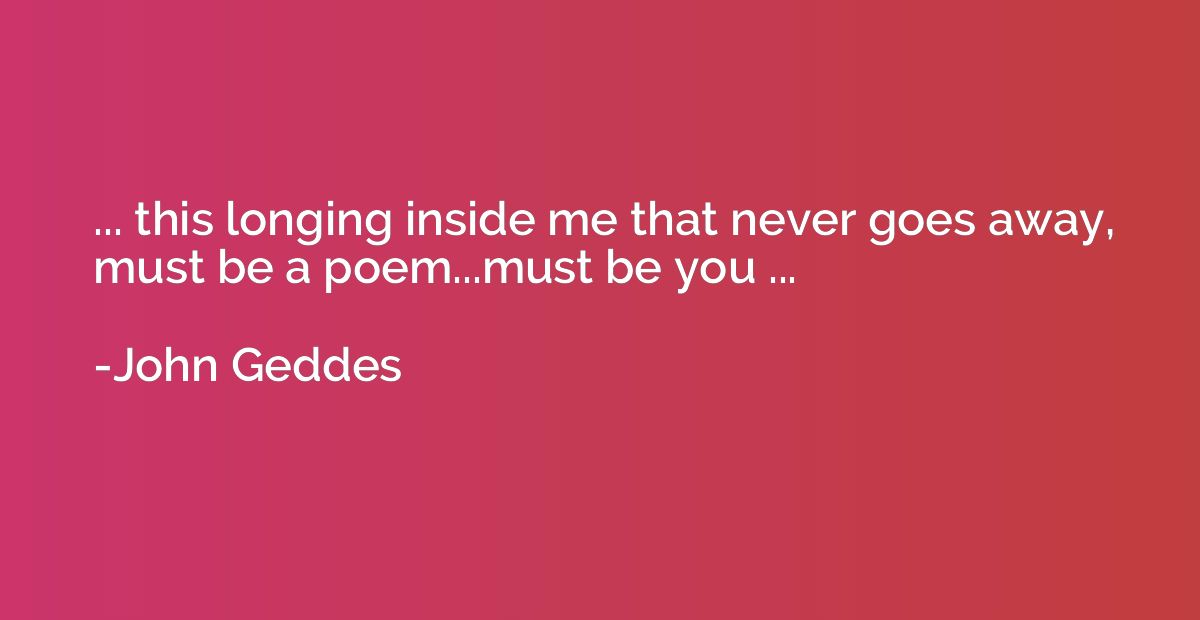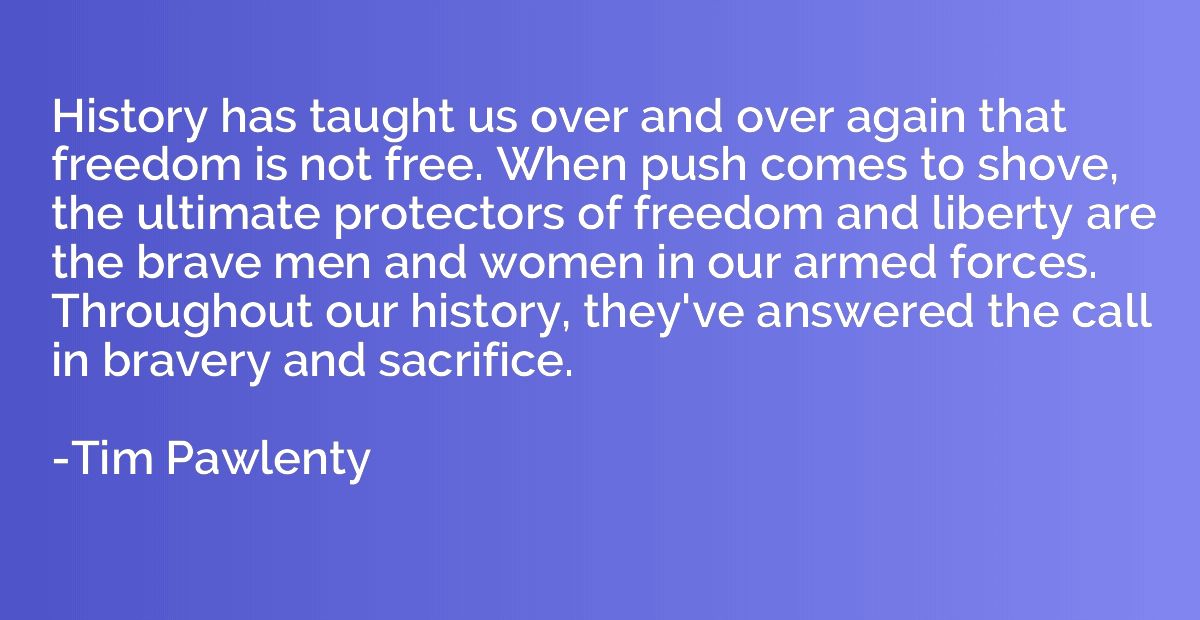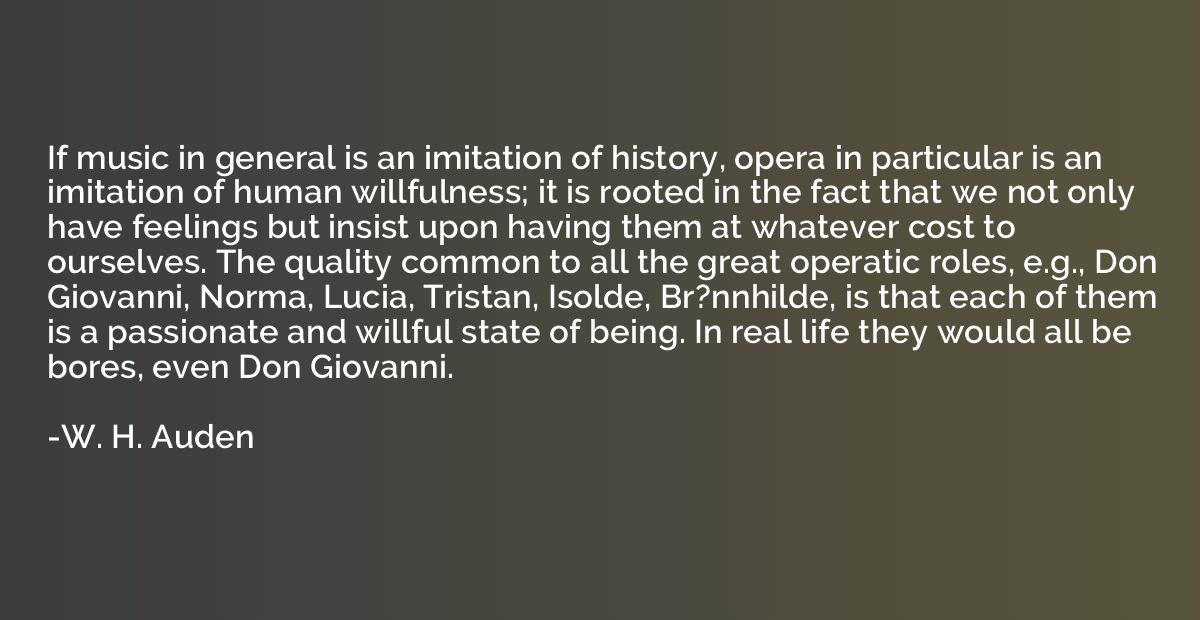Quote by Richard Beauvais, Pledge, writte
I am here because there is no refuge,Finally, from myself,Until I confront myself in the eyesAnd hearts of others, I am running.Until I suffer them to share my secrets,I have no safety from them.Afraid to be known, I can know neither myselfNor any others; I will be alone.Where else but on this common ground,Can I find such a mirror?Here, together, I can at last appearClearly to myself,Not as the giant of my dreams,Not the dwarf of my fears,But as a person, part of a whole,With my share in its purpose.In this ground, I can take root and grow.Not alone anymore, as in death,But alive, to my self and to others.
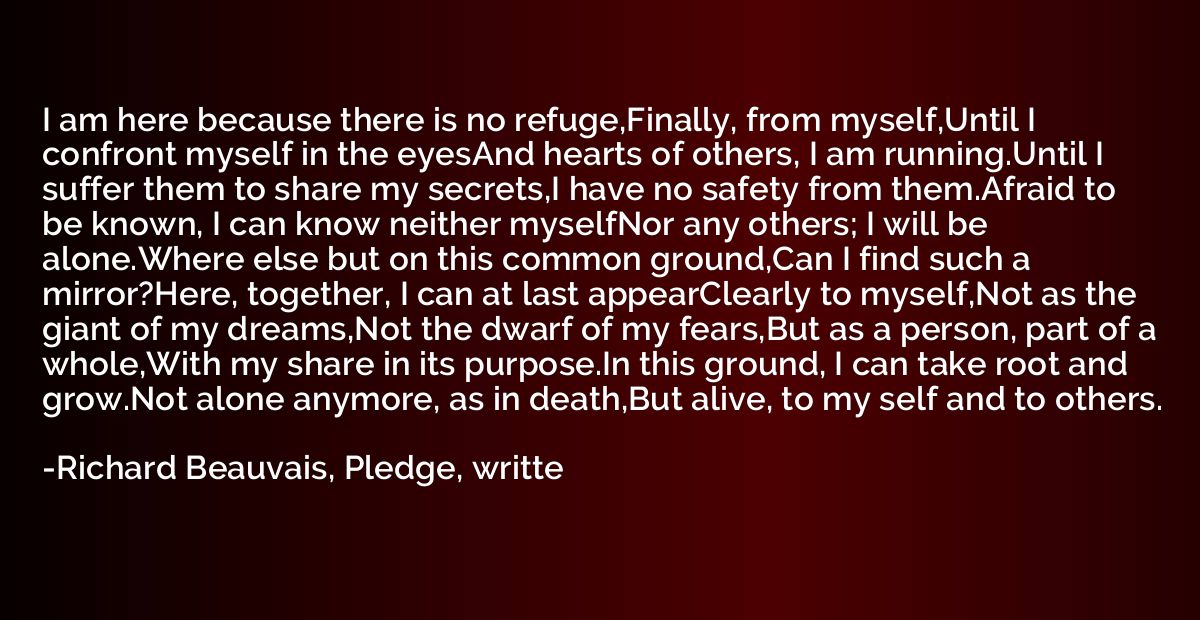
Summary
This quote emphasizes the importance of confronting oneself through the reflection of others. The speaker recognizes that by sharing their secrets and vulnerabilities with others, they allow themselves to connect and find true understanding. It suggests that by avoiding self-disclosure and fearing judgment, one cannot fully know themselves or form genuine connections. Only through the common ground of shared experiences and open communication can one truly grow, thrive, and connect with others, ultimately becoming a part of something greater than themselves.





